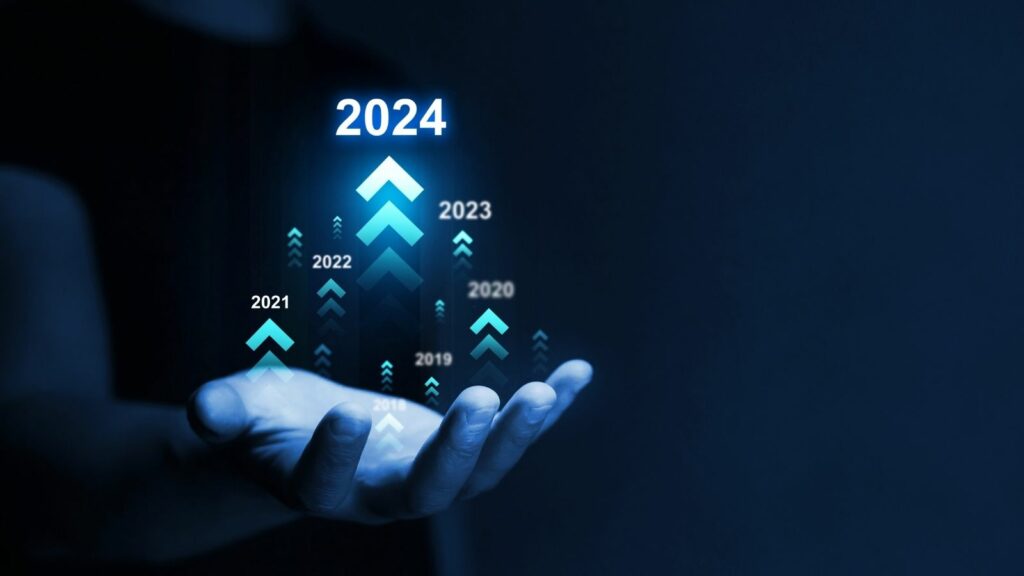Technology has, without doubt, changed our lives in many ways. It allows us to communicate with people across the world and have information at our fingertips, among other things. But, while technology has enhanced our lives it has also raised privacy. We look at 18 ways technology is invading your privacy:
Smart Devices Eavesdropping

Smart speakers, phones, and home assistants like Alexa, Google Home and Siri are constantly listening for their wake words. But, they often record snippets of conversation even when you don’t intend to activate them, which is concerning for some. These recordings can be stored, analyzed and sometimes accessed by third parties.
Facial Recognition Technology

Facial recognition technology offers benefits for security as it can quickly find perpetrators of crime, for example. However, it also raises privacy concerns as it has the ability to track individuals in public spaces and there’s a risk of unauthorized access to facial data are significant issues to consider.
Social Media Data Mining

If you have ever searched for something only to find a ton of adverts for the same thing pop up minutes later on your social media feed, you will know that social media collects a lot of data . Apps such as Facebook and X collect vast amounts of data from users, including location and browsing habits and are often sold to other companies.
Location Tracking
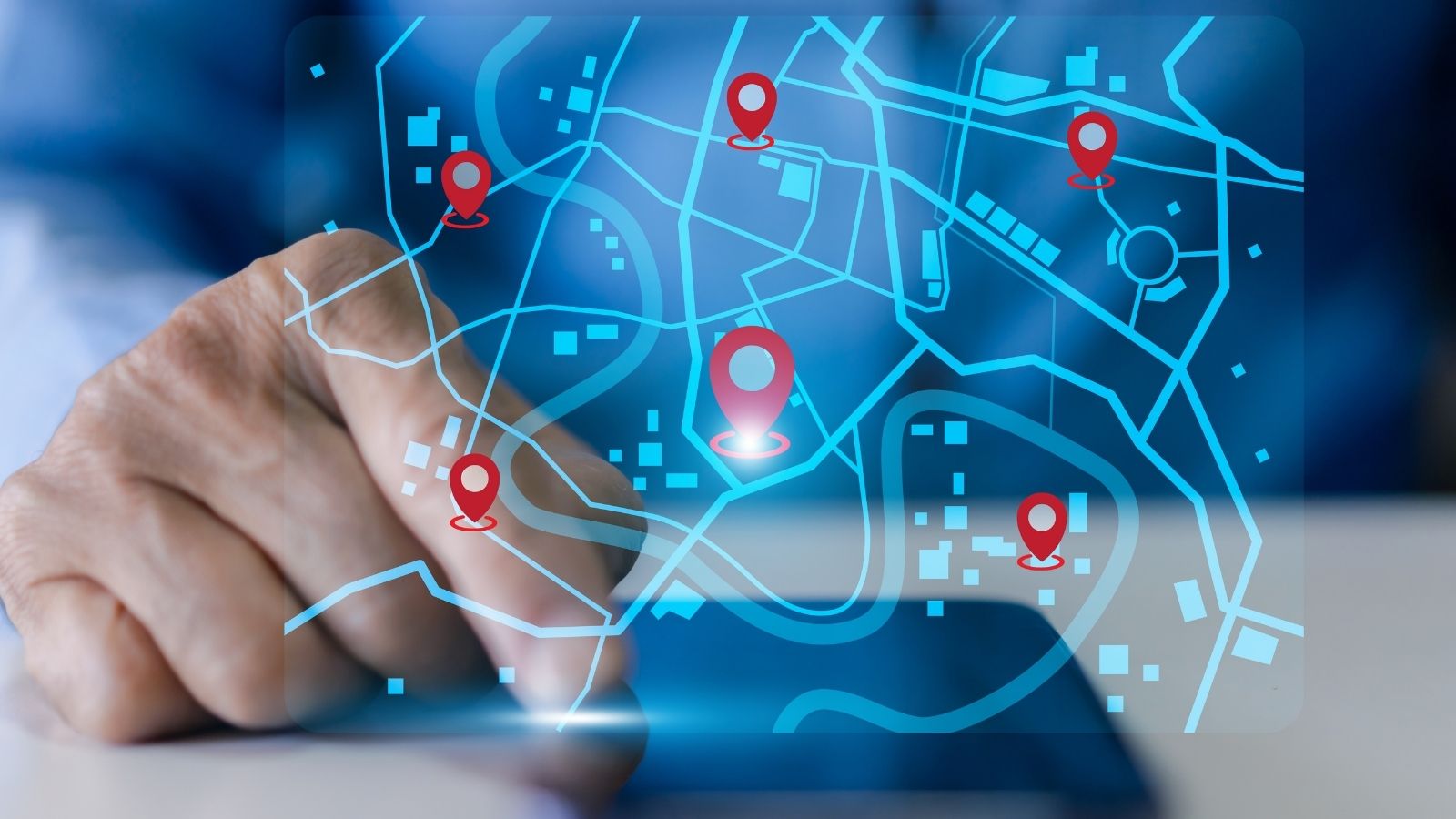
Most modern devices, apps, and services track your location, often in real-time. Tracking can be helpful for navigation and personalized services but it also means that your movements can be monitored and recorded. People are concerned this data can be accessed by companies without explicit consent.
Spyware and Adware
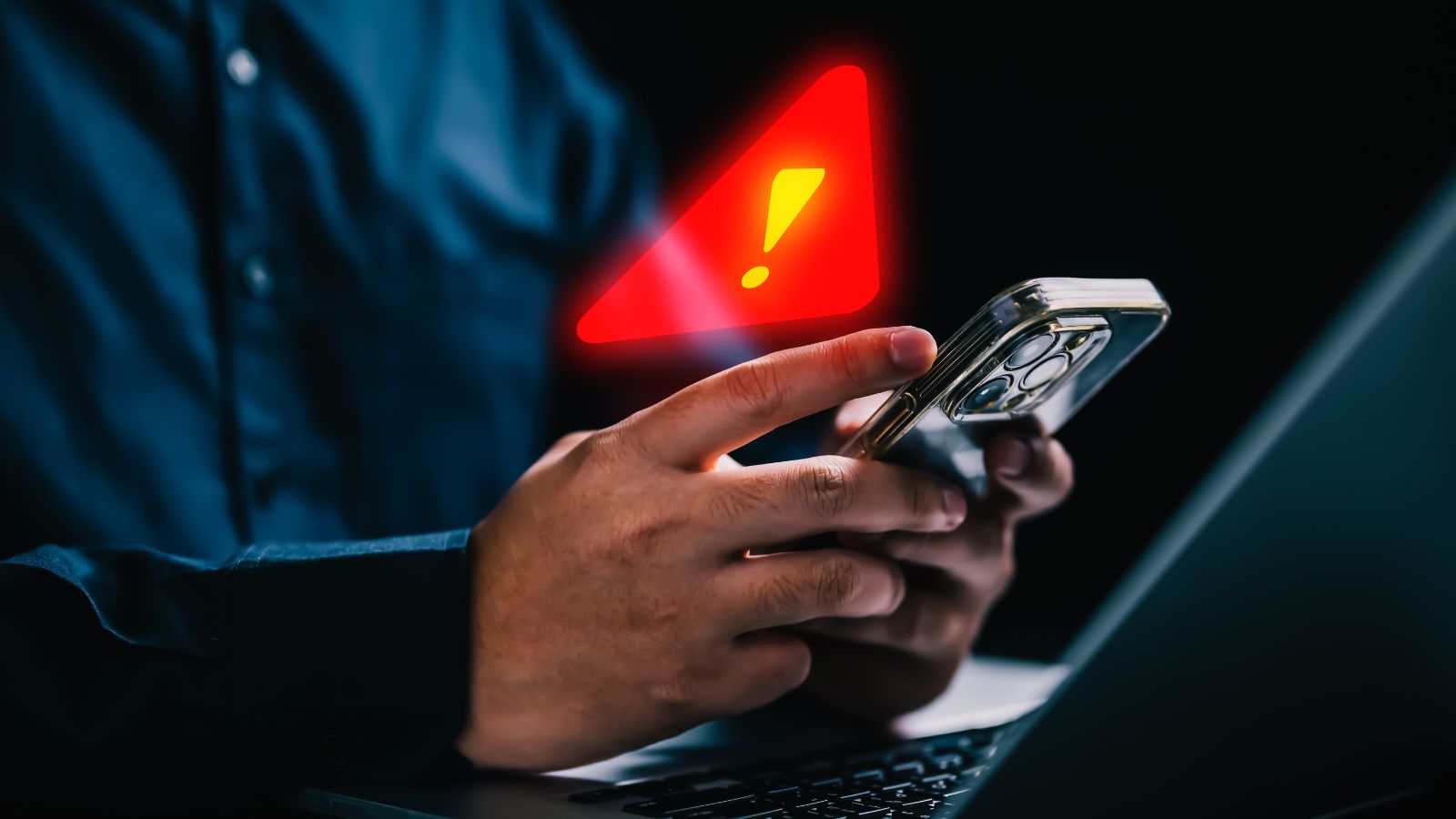
Malicious software that can monitor your activities online is becoming more sophisticated. Spyware can track your browsing habits, capture keystrokes and even access your camera and microphone without you knowing about it. Adware, while less harmful, can bombard you with unwanted advertisements and slow down your devices.
Biometric Data
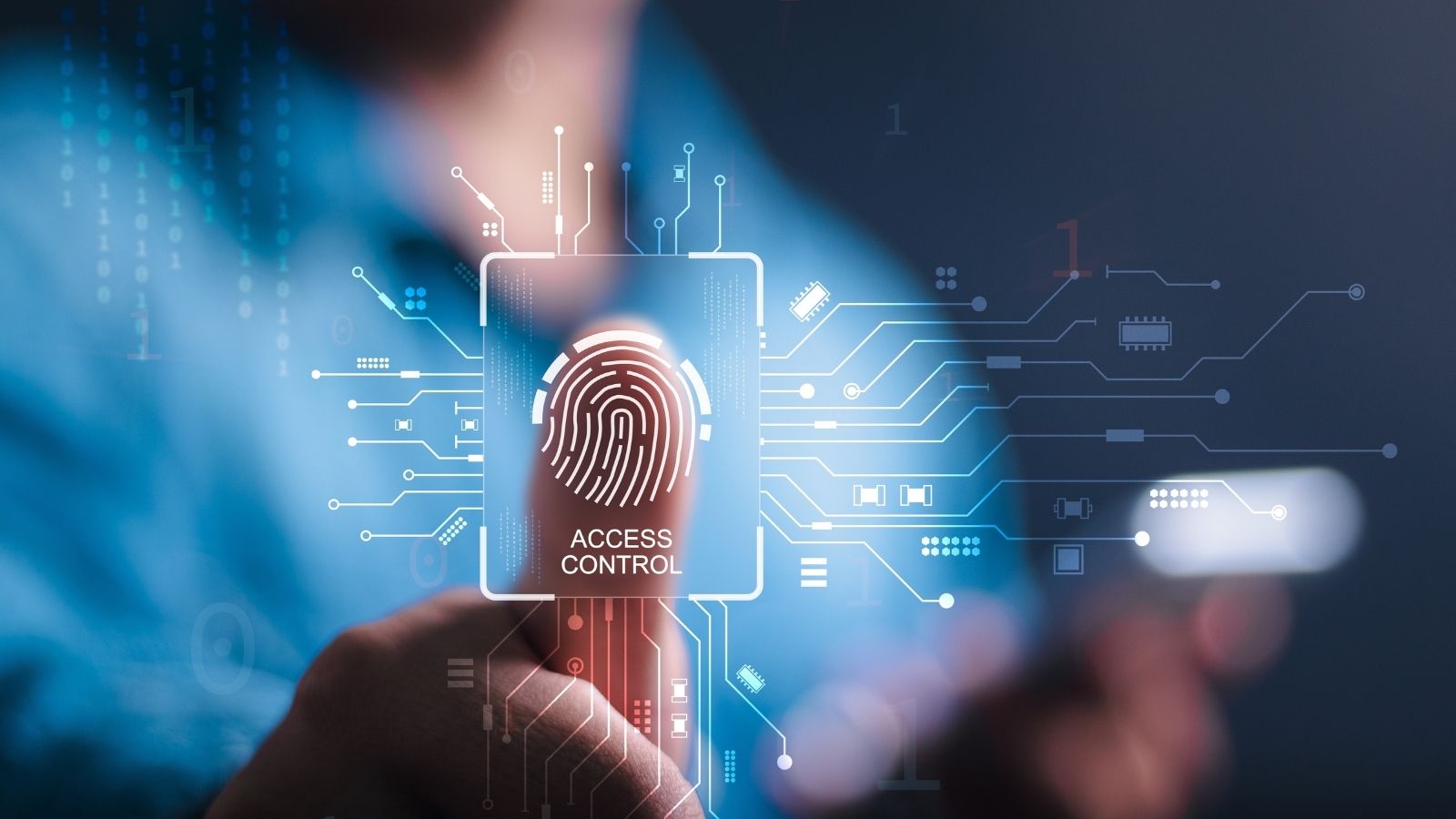
Concerns regarding our security and privacy have been raised by the increasing usage of biometric data such as voiceprints, iris scans at airports, and fingerprints at police stations. Biometrics can keep us safe but it’s also open to misuse. The potential for unauthorized access to this sensitive information is a real concern for those worried about identity theft.
Smart Hubs
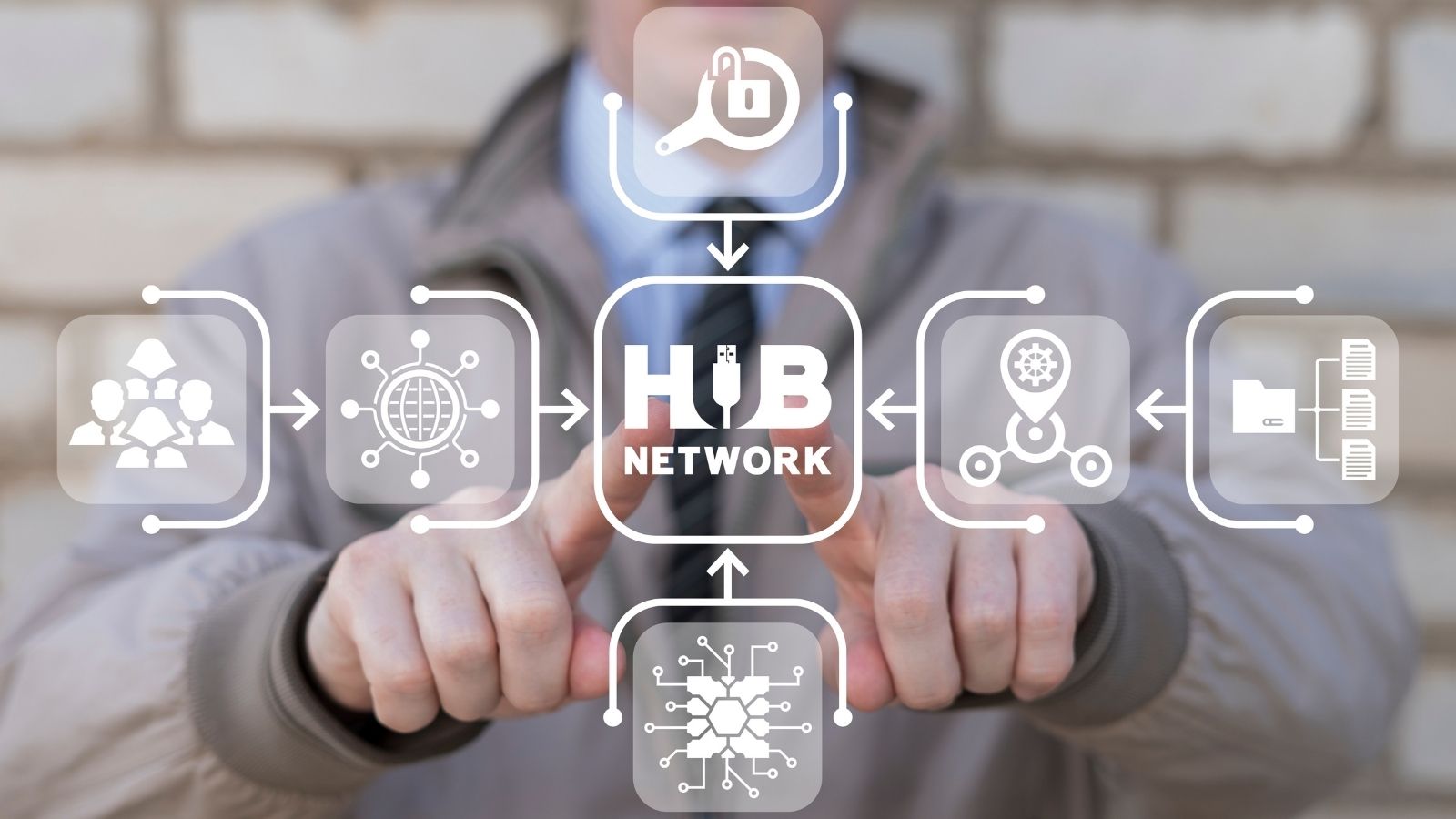
There’s a growing number of IoT devices in homes ,including smart thermostats and refrigerators, which are useful but usually poorly secured. Hackers can exploit these vulnerabilities to gain access to your home network, collect data and even control devices remotely.
Data Breaches
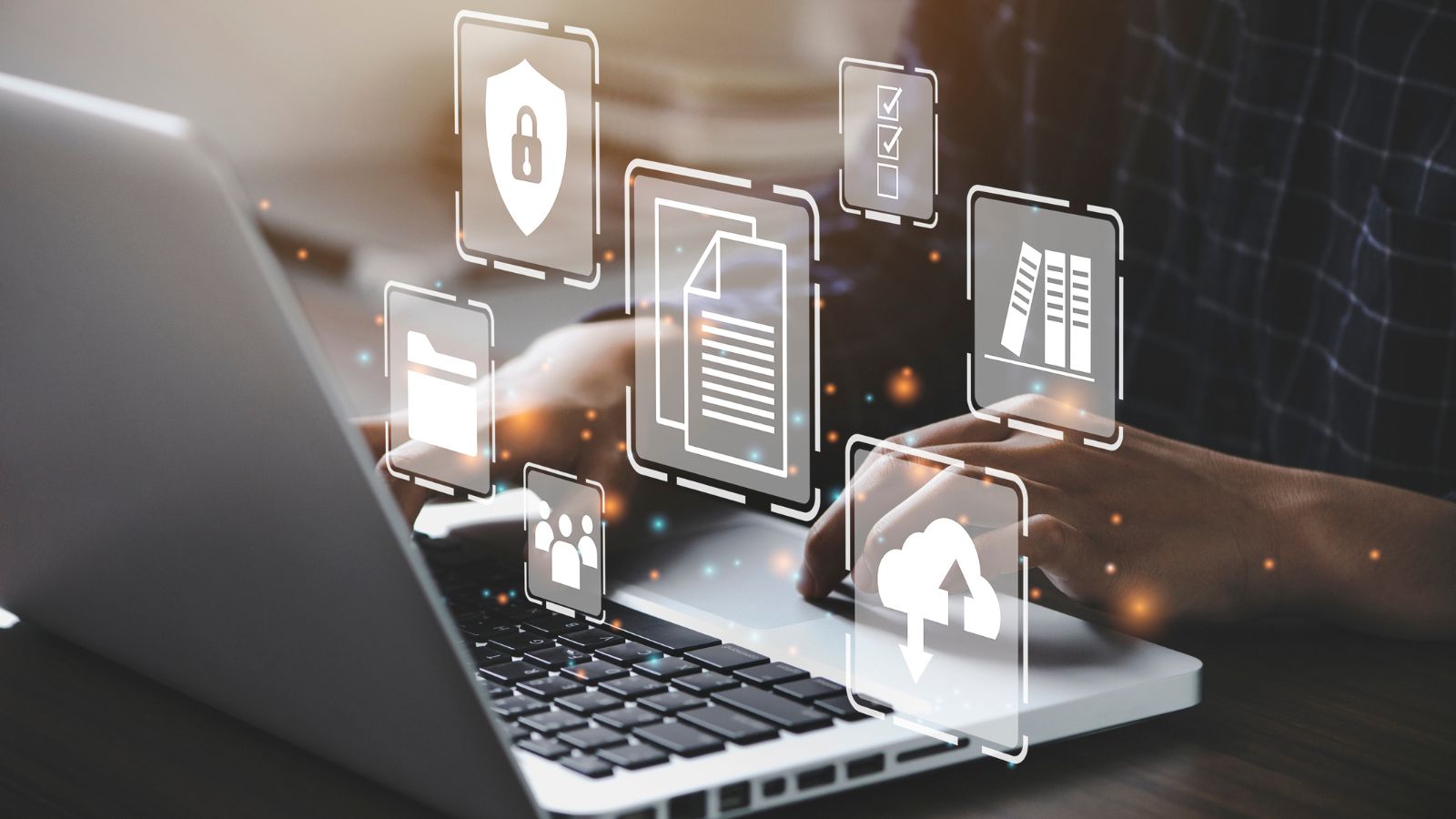
The threat of data breaches is significant as hackers seem to be one step ahead of the technology game. Hackers increasingly target corporations and government agencies and cause chaos for consumers. The exposure of sensitive personal information, such as social security numbers and financial data, can lead to identity theft and financial loss.
Smartphone Apps
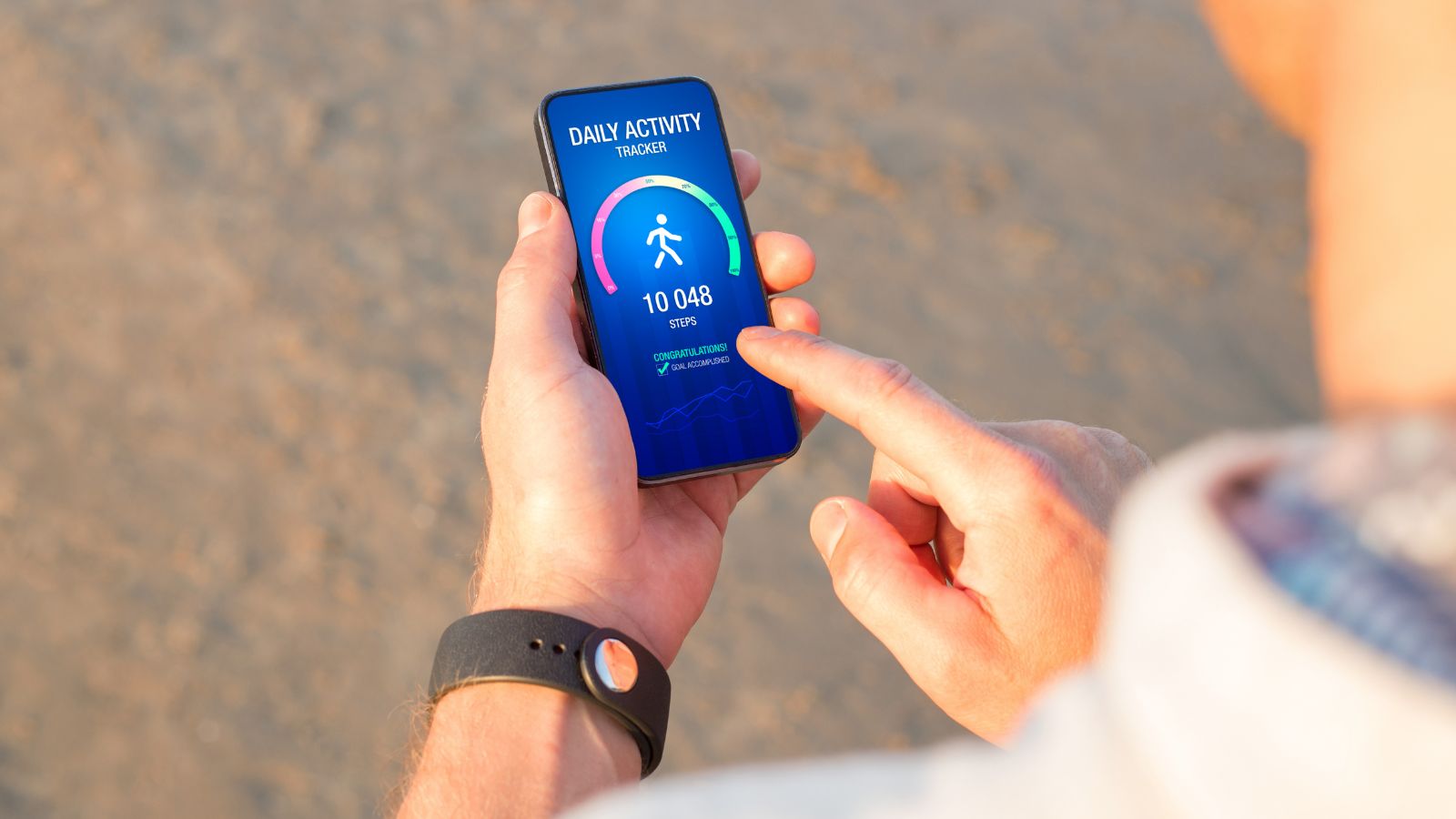
Many apps require permissions that allow them to access your contacts, messages, camera and microphone. While some of these permissions are necessary for the app to function, others are used to collect data for marketing purposes, often without your full awareness.
Public Wi-Fi Risks
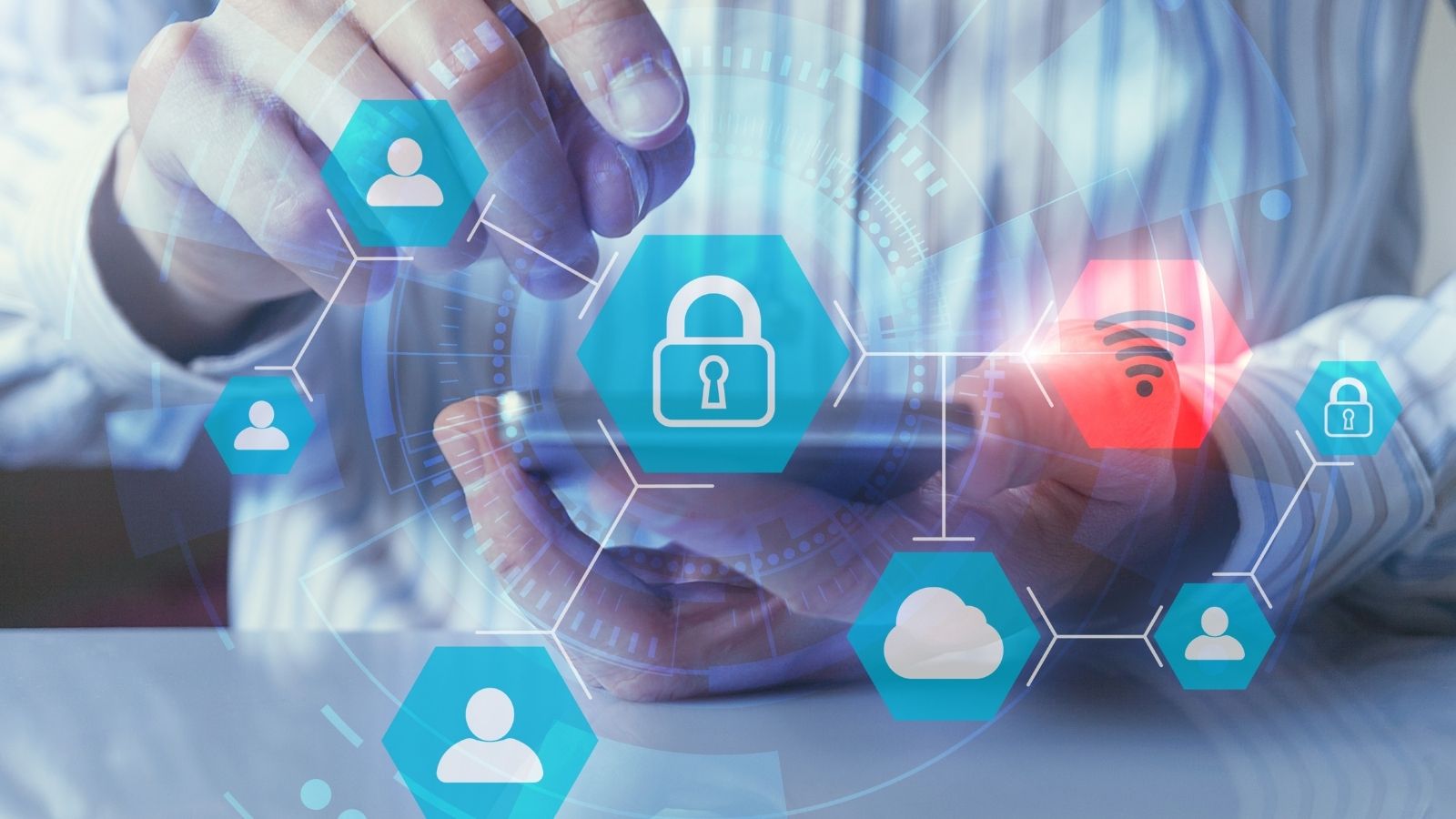
Using public Wi-Fi networks can expose your data to interception by hackers. Without proper security measures, everything you do on public Wi-Fi, from checking emails to making financial transactions, can be monitored and recorded by cybercriminals.
Smart TV Monitoring
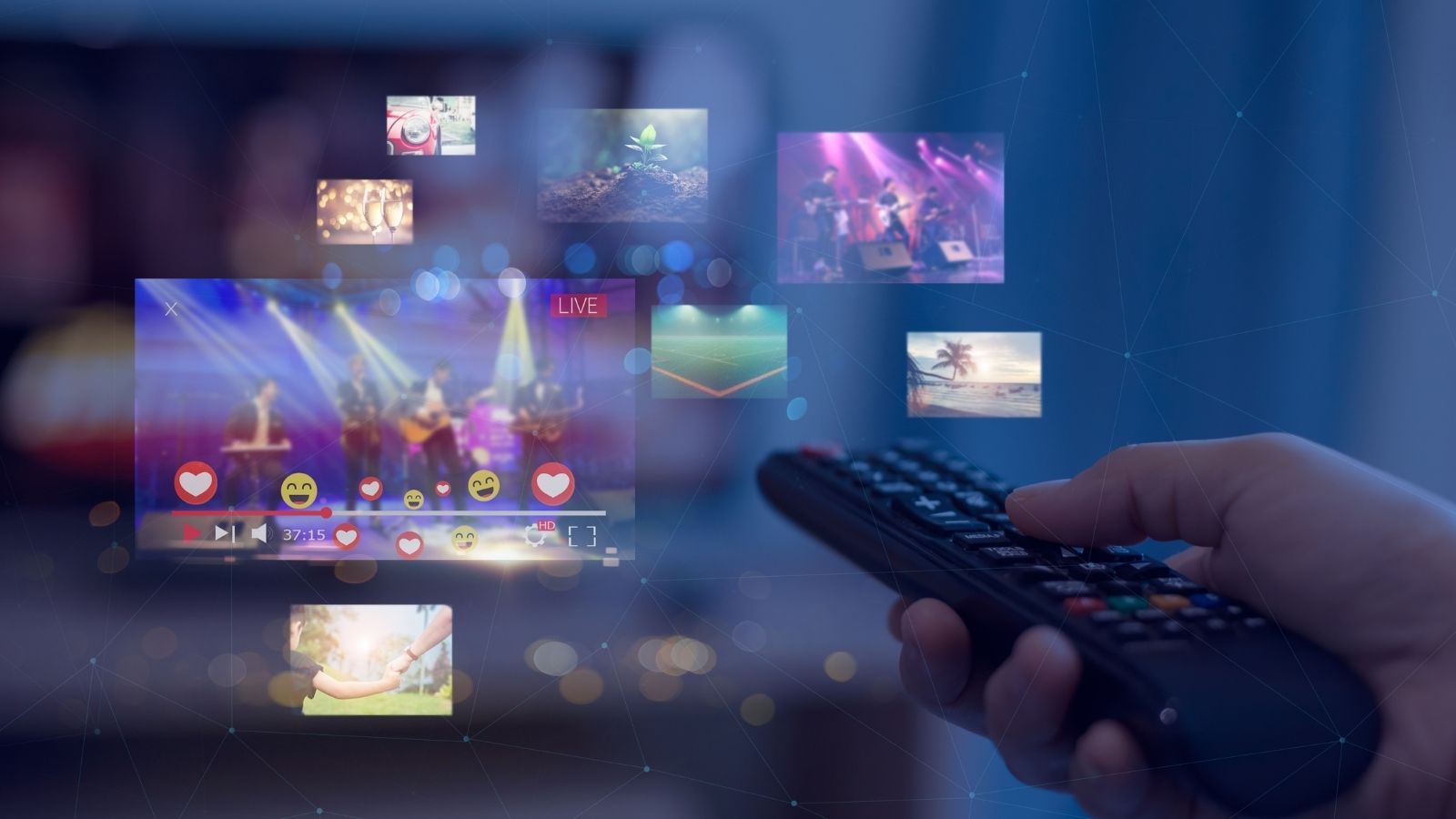
Voice recognition and internet connectivity are common features of smart TVs, which enable them to monitor your viewing preferences and even record your conversations. Although this information is frequently utilized for targeted advertising, there are serious privacy concerns because third parties may access it.
Browser Fingerprinting
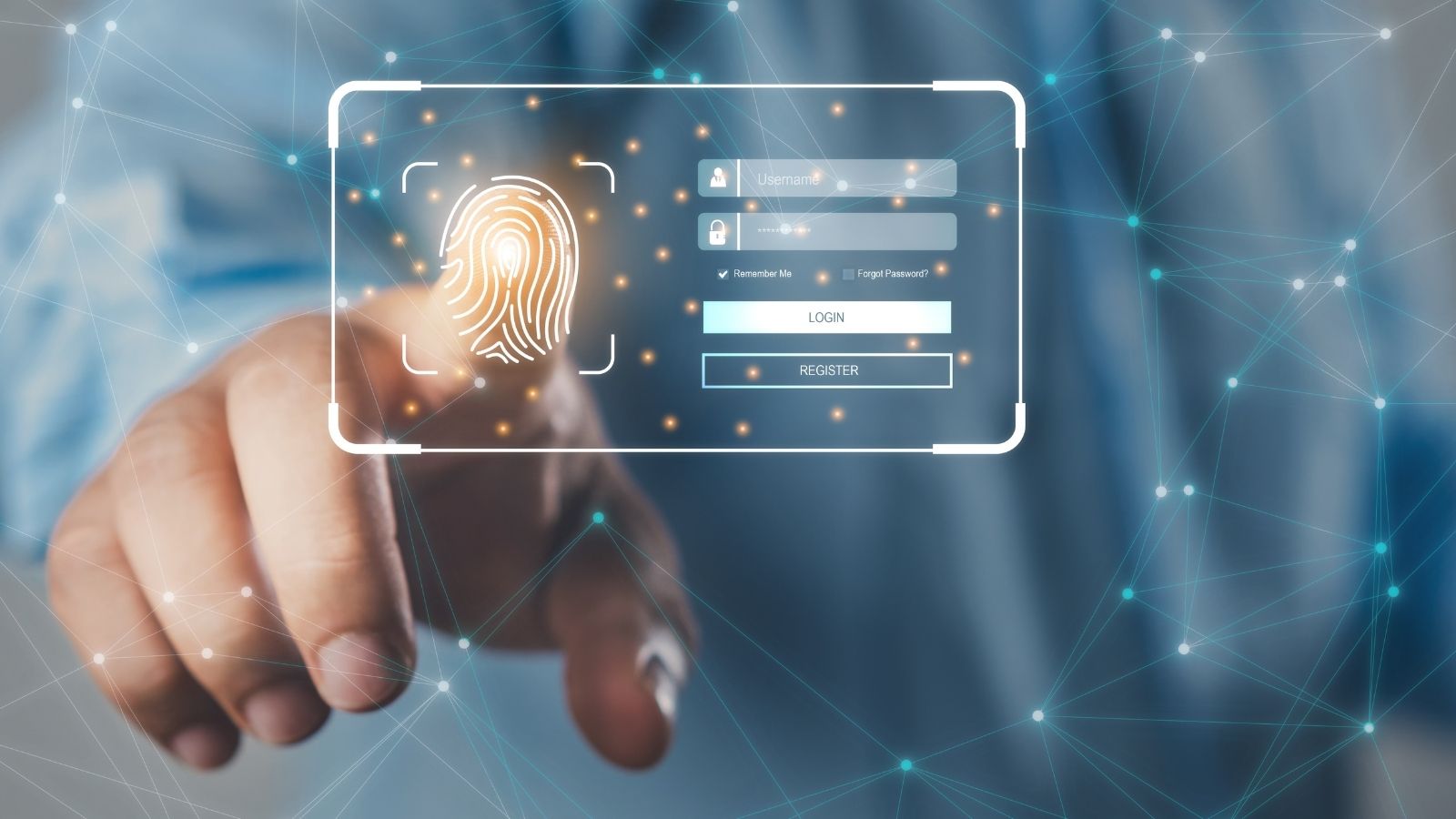
Even if you take steps to protect your privacy online, such as using a VPN or clearing your cookies, your browser still leaves a unique fingerprint based on factors like your screen resolution, installed fonts and plugins.
Wearable Technology
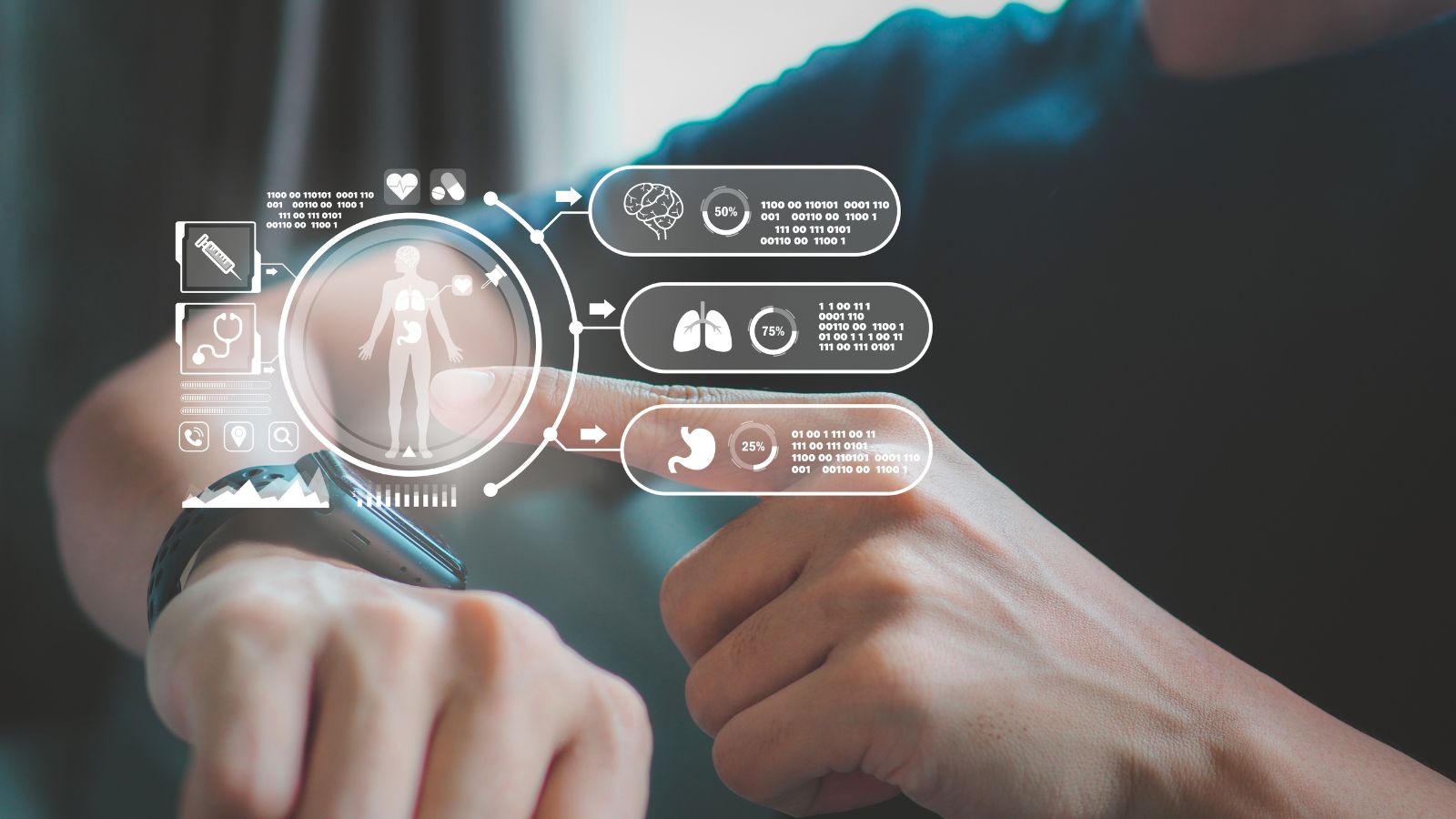
Fitness trackers and smartwatches collect a wide range of personal data, including your location, health metrics and even sleep patterns. There’s no doubt that this data can help improve your health, but it can also be shared with third parties without your explicit consent.
Deepfake Technology
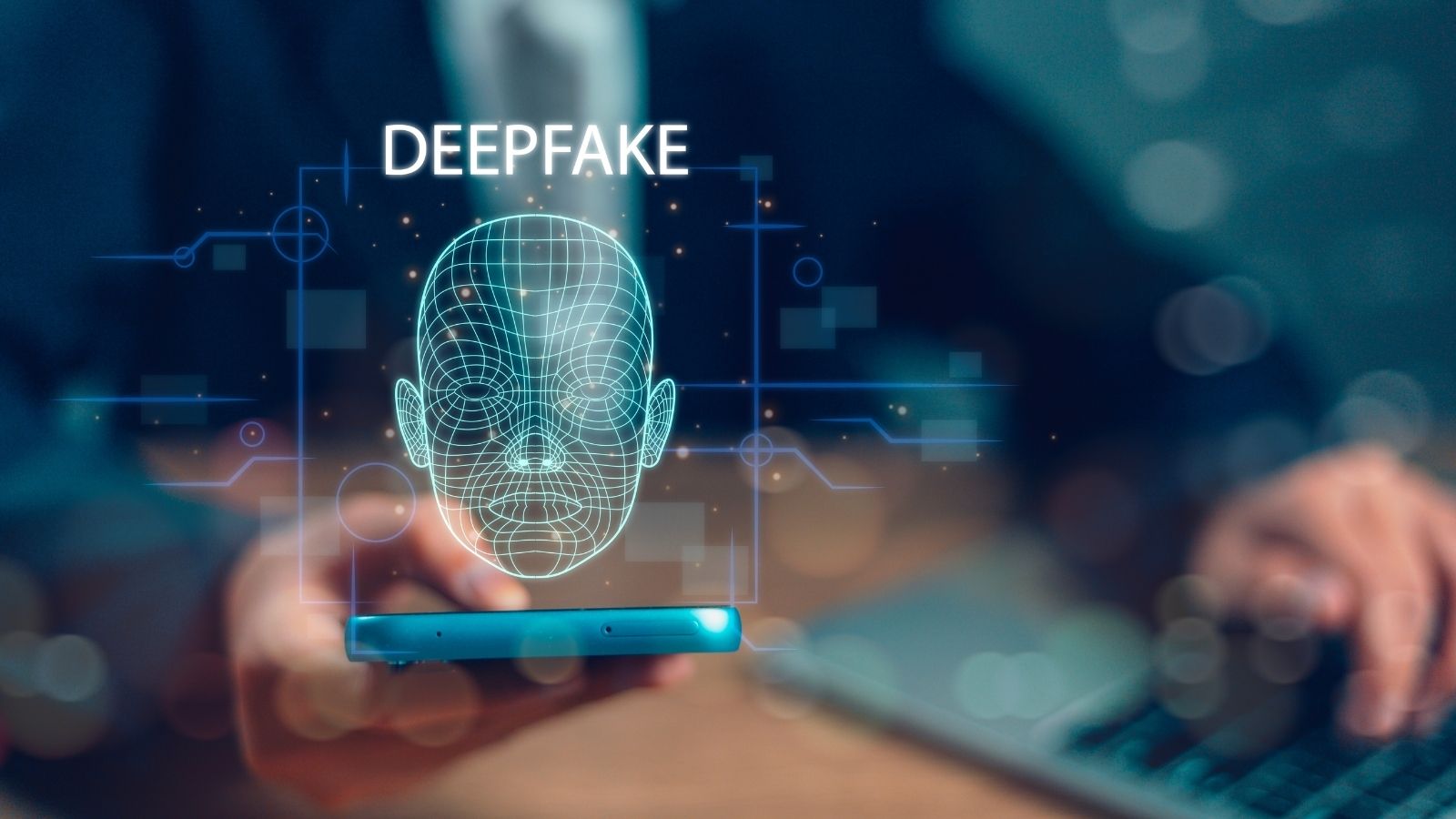
Deep Fakes are AI-generated videos or images that can make it appear as though someone is doing or saying something they never did. Deep fake technology is becoming more sophisticated which is raising concerns about its potential use in misinformation campaigns or blackmail plots.
Smart Meter Information
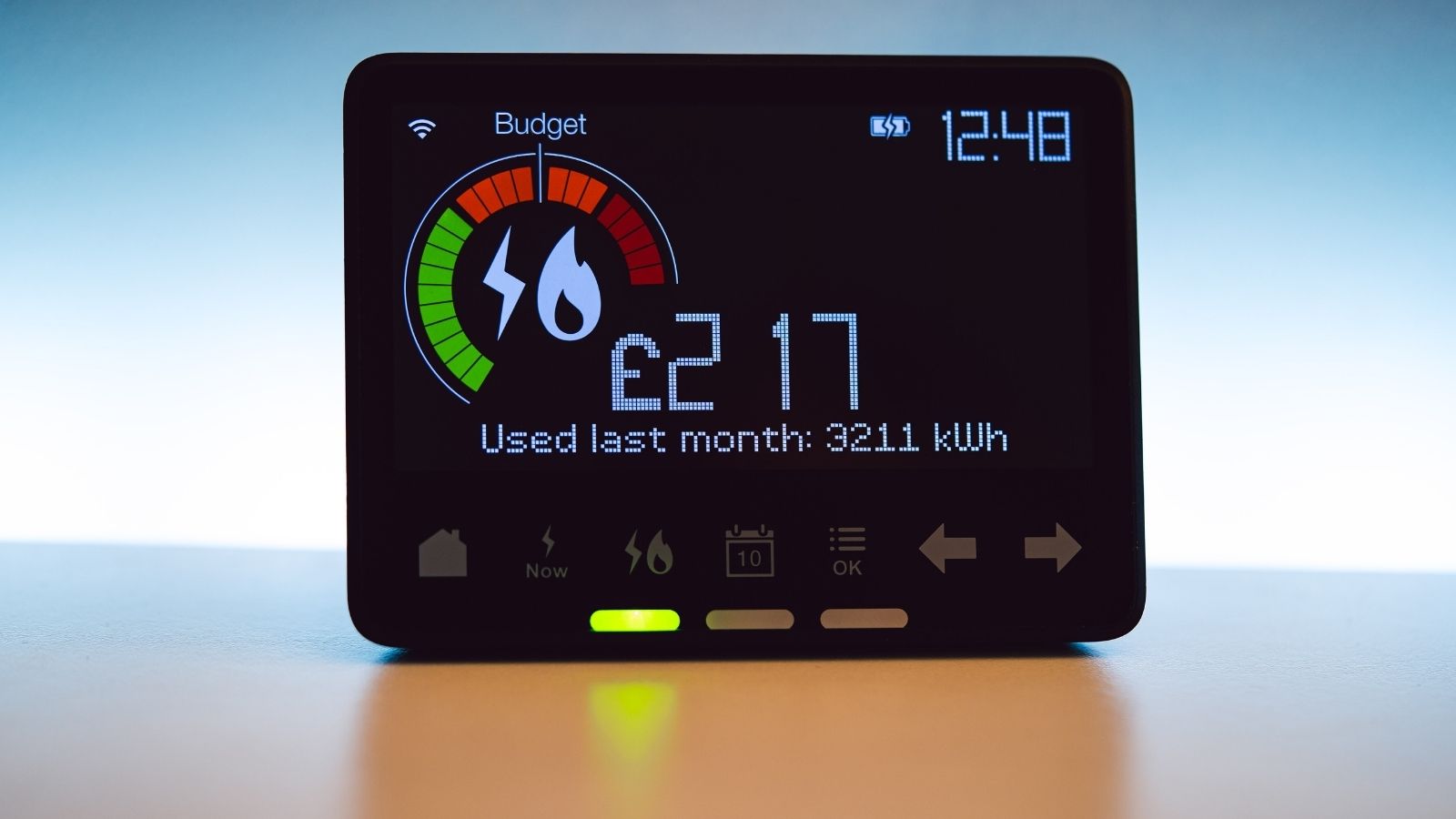
Smart meters are great for tracking your energy usage and can provide detailed insights into your daily habits that can help lower bills. This data can be shared with utility companies and other third parties without you realizing you have consented, leaving you open to identity theft or financial manipulation.
Credit Card Tracking
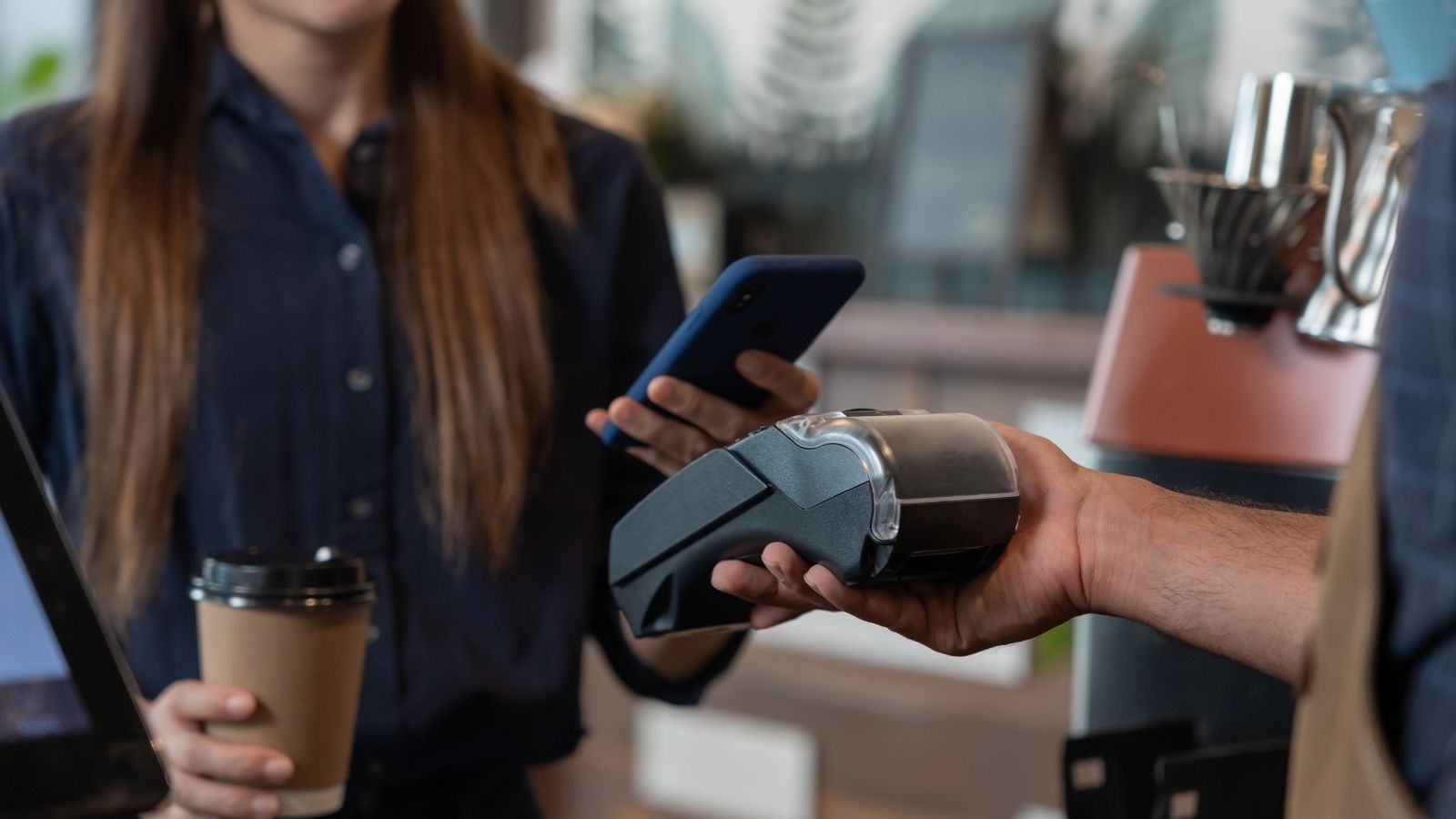
Credit card companies and financial institutions often monitor your spending habits to offer personalized services. But, this data can also be used to build detailed profiles of you that could be accessed by third parties for targeted marketing.
Augmented Reality (AR)
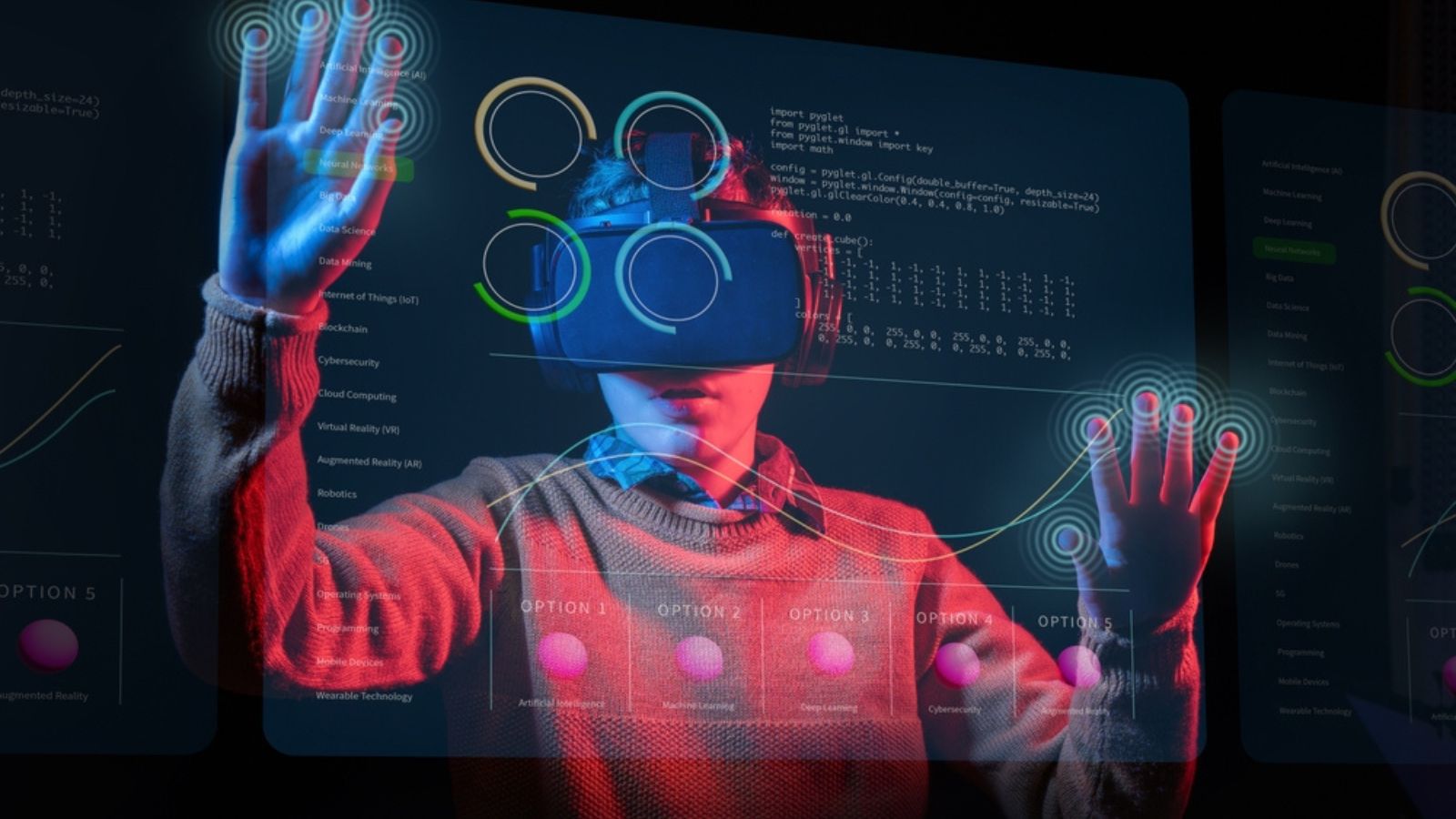
As augmented reality (AR) becomes more ingrained in daily life, there are serious privacy concerns regarding the storage, analysis, and sharing of this data with third parties. A lot of information about your environment, including what you look at and interact with, is collected by augmented reality apps and gadgets.
Drone Surveillance
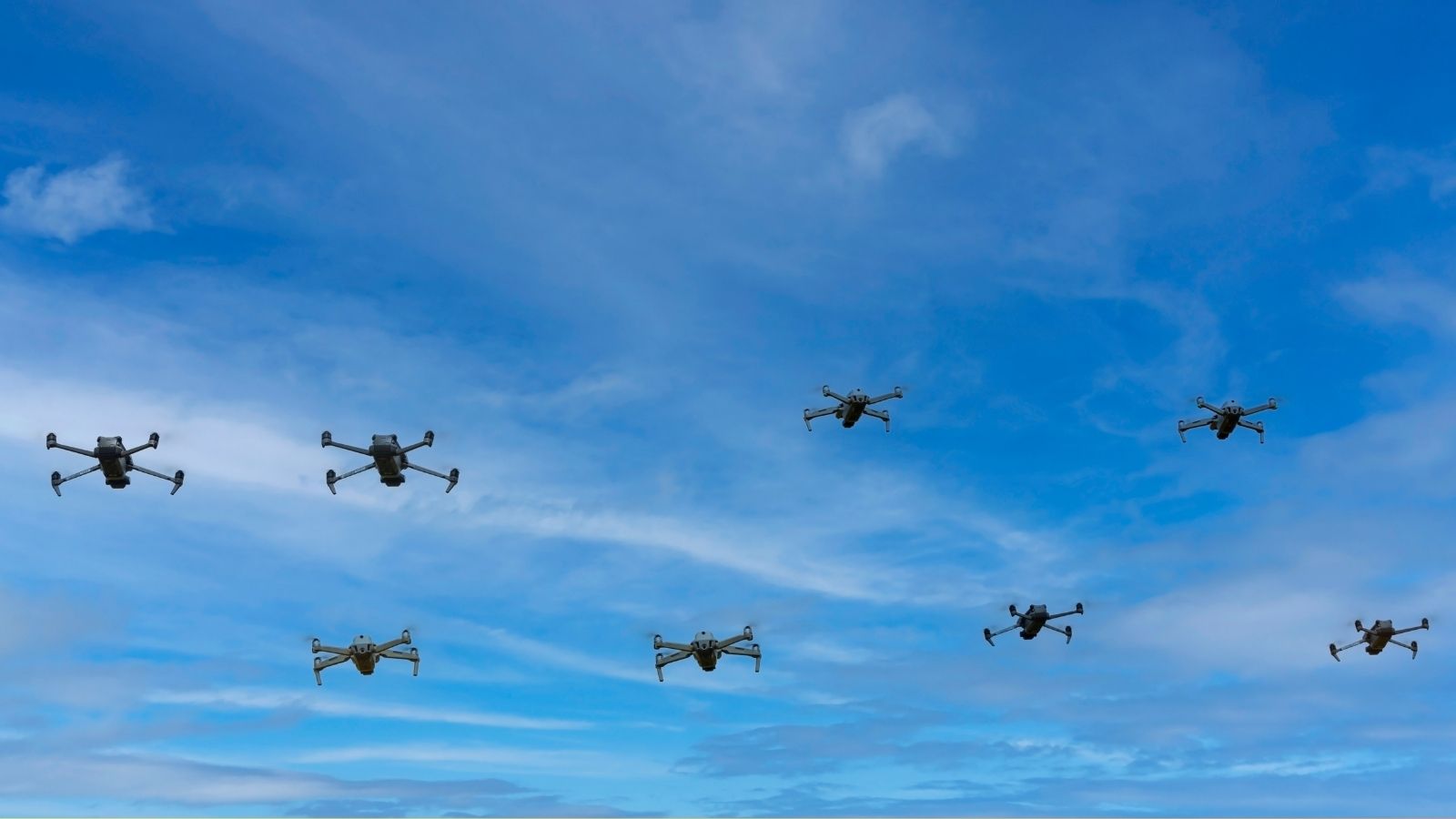
The usage of drones for monitoring by commercial and governmental organizations is growing. These drones can sometimes take high-definition pictures and movies without your awareness or approval, which raises worries about how privacy may be compromised in public areas.
5 Canadian Provinces Predicted to Thrive in the Next Economic Boom

5 Canadian Provinces Predicted to Thrive in the Next Economic Boom
